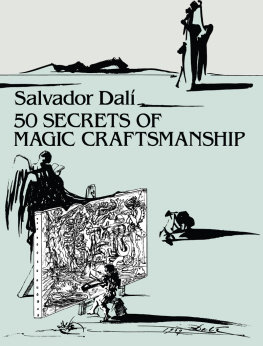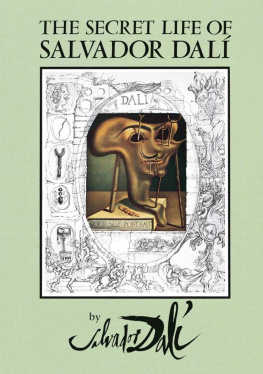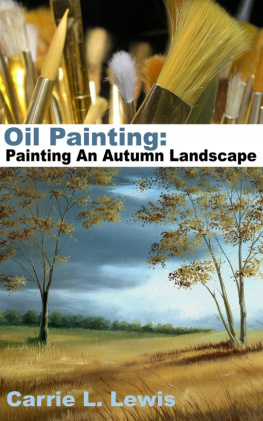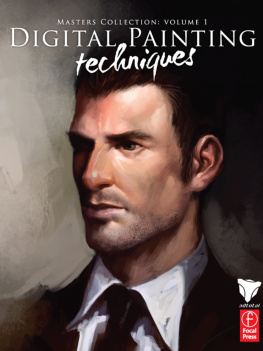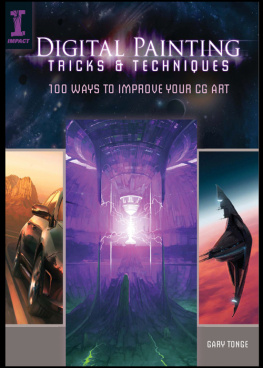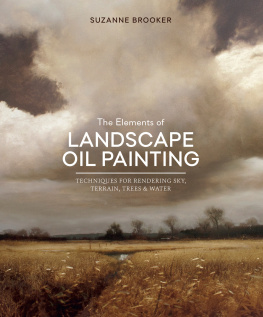Salvador Dalí - 50 Secrets of Magic Craftsmanship
Here you can read online Salvador Dalí - 50 Secrets of Magic Craftsmanship full text of the book (entire story) in english for free. Download pdf and epub, get meaning, cover and reviews about this ebook. year: 1992, publisher: INscribe Digital;Dover Publications, genre: Religion. Description of the work, (preface) as well as reviews are available. Best literature library LitArk.com created for fans of good reading and offers a wide selection of genres:
Romance novel
Science fiction
Adventure
Detective
Science
History
Home and family
Prose
Art
Politics
Computer
Non-fiction
Religion
Business
Children
Humor
Choose a favorite category and find really read worthwhile books. Enjoy immersion in the world of imagination, feel the emotions of the characters or learn something new for yourself, make an fascinating discovery.
- Book:50 Secrets of Magic Craftsmanship
- Author:
- Publisher:INscribe Digital;Dover Publications
- Genre:
- Year:1992
- Rating:5 / 5
- Favourites:Add to favourites
- Your mark:
- 100
- 1
- 2
- 3
- 4
- 5
50 Secrets of Magic Craftsmanship: summary, description and annotation
We offer to read an annotation, description, summary or preface (depends on what the author of the book "50 Secrets of Magic Craftsmanship" wrote himself). If you haven't found the necessary information about the book — write in the comments, we will try to find it.
Rare, important volume in which famed Surrealist expounds in his inimitably eccentric fashion on what painting should be, the history of painting, what is good and bad painting, the merits of specific artists, and more. Includes his 50 secrets for mastering the craft, including the secret of the painters pointed mustaches.
50 Secrets of Magic Craftsmanship — read online for free the complete book (whole text) full work
Below is the text of the book, divided by pages. System saving the place of the last page read, allows you to conveniently read the book "50 Secrets of Magic Craftsmanship" online for free, without having to search again every time where you left off. Put a bookmark, and you can go to the page where you finished reading at any time.
Font size:
Interval:
Bookmark:
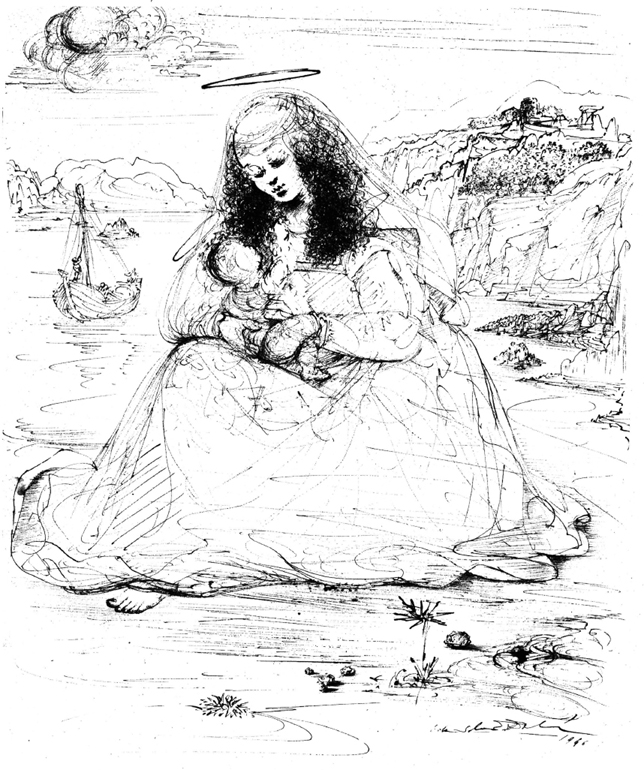
Port Lligat Madonna Help Me
Translated by Haakon M. Chevalier
DOVER PUBLICATIONS, INC., NEW YORK
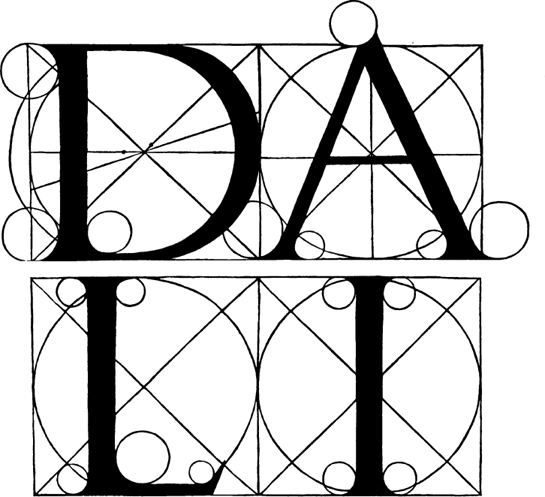
This Dover edition, first published in 1992, is an unabridged and slightly altered republication of the work originally published by The Dial Press, New York, 1948. In the Dover edition the three color plates, which were originally on unnumbered pages, have been repositioned on the inside covers. In the original edition the author's name appears throughout without an accent; this has been corrected on the cover and title page of the Dover edition.
Library of Congress Cataloging-in-Publication Data
Dali, Salvador, 1904-1989
[50 secretos magicos para pintar. English]
50 secrets of magic craftsmanship / Salvador Dali ; translated by Haakon M. Chevalier.
p.cm.
Translation of: 50 secretos magicos para pintar.
Originally published: New York : Dial Press, 1948.
Includes index.
ISBN-13: 978-0486-27132-3 (pbk.)
ISBN-10: 0-486-27132-3 (pbk.)
1. PaintingTechnique. 2. Color in art. I. Chevalier, Haakon, 1902. II. Title. III. Title: Fifty secrets of magic craftsmanship.
NDI500.D3513 1992
751dc
2091-43350
CIP
Manufactured in the United States by Courier Corporation
27132310
www.doverpublications.com
At the age of six I wanted to be Napoleonand I wasn't.
At the age of fifteen I wanted to be Dali and I have been.
At the age of twenty-five I wanted to become the most sensational painter in the world and I achieved it.
At thirty-five I wanted to affirm my life by success and I attained it.
Now at forty-five I want to paint a masterpiece and to save Modern Art from chaos and laziness. I will succeed! This book is consecrated to this crusade and I dedicate it to all the young, who have faith in true painting.
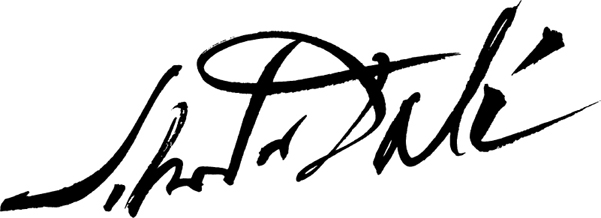
in which it is explained that the beginning of this book is to be found only at the end.
"The two most fortunate things that can happen to a painter are, first, to be Spanish and, second, to be named Dali. Those two fortunate things have happened to me."
S. D.
SALVADOR, AS his very name indicates, is destined to nothing less than to rescue painting from the void of modern art."
This categorical affirmation, though it would seem at first sight, by its egocentricity, to have been written by Dali himself, is from the pen of the famous Catalonian philosopher, Francese Pujols. In 1937, in the midst of the surrealist chaos when he wrote this, I admit modestly, for oncethat I myself, in spite of my ambitious imperialisms of very kind, did not place much faith in it. Today I realize, however, that I have become, little by little, firmly convinced of it.
This is due essentially to the fact that my intelligence has never ceased to grow in the course of my ambition which, as everyone knows, has always been lofty and majestic since my tenderest childhood. I like to compare my ambition to a century-old oak tree, and my intelligence to a loving vine which climbs round its bark to reach its top. And if this oak tree seems to me to be immemorial and immobile in its growth, so august and harmonious is its lofty height, the vine of my intelligence, on the contrary, appears to me to have a biological exuberance, to grow by leaps, inasmuch as each time I observe what is happening to me at the moment of beginning or of completing a work, I am always surprised by the bursting forth of vigorous new shoots.
And this is so true that I can say right now that in the three or four days since I have begun to write this book I already feel myself more intelligent than before. Fortunately so! For in order to be capable of writing this booka kind of culinary initiation to the Eleusinian mysteries of paintingand in order to make translucid the most obscure technical secrets, which would seem to require the art of magic in addition to the practice of painting itself, it does not suffice to be terribly intelligent. Indeed I would go so far as to have the deeply rooted suspicion that all the greatest intelligences combined would not suffice to succeed in such an undertaking, and that consequently the writer who should undertake such a task would have to possess, in addition, some other supra-essential thing, and this other thing, this quintessence of the essential, which happens to be exactly what is required to paint a beautiful picture, I must say at onceand for the exclusive benefit of my readersthis other thing I also possess. But I do not wish to say at once what this thing is: in the first place, for fear of discouraging my readers by wearying them through a too great presumption on my part, and in the second place because I have the catholic habit of always beginning at the end. Is not beginning with ends the essence of catholicity?
That is why this thing which I am not revealing, and which normally would be announced at the beginning of this clear prologue, will be found by the reader, as he has been forewarned, only after he has read the entire book and is overwhelmingly convinced: he will find it exactly in the last two lines of this book.
END OF THE CLEAR AND BRIEF PROLOGUE
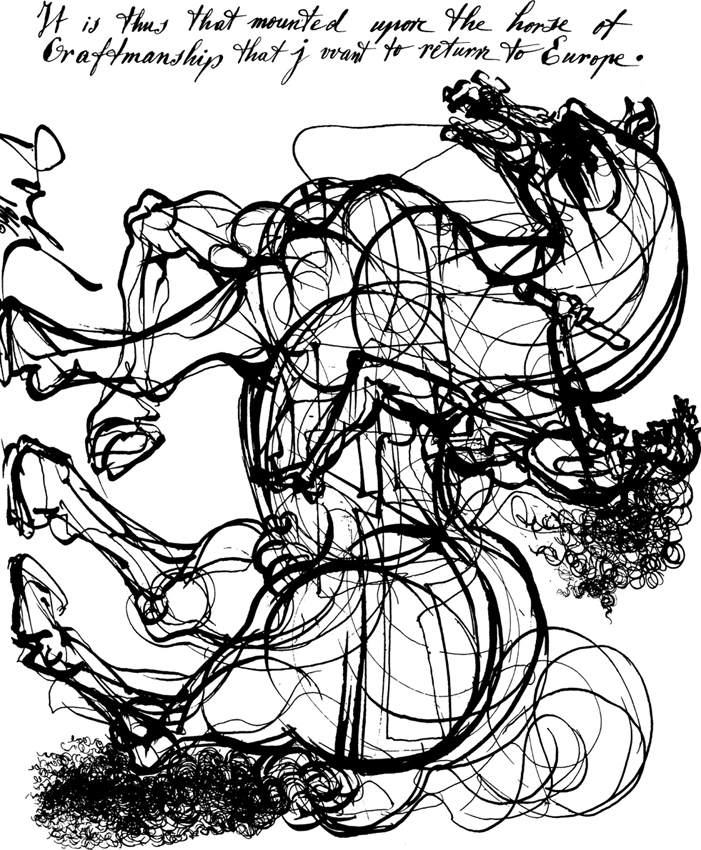
Quite apart from my intrinsic value as a painterwhich I am one of the first to be ready to discussone thing is certain: that if painting is to survive our epoch of barbarous mechanical progress, this continuity of painting will have its starting-point in Salvador Dali; and it is for this reason that this book is destined to have a daily-growing vital interest. For no person, whether directly or remotely interested in the real phenomenon of painting, will be able to avoid consulting it.
The ear of Van Gogh, the left hand of Dali and the foot of CzanneModern painters, house painters and the ancientsWhat is a well painted picture?Definition of painting Advice to the young art student to contemplate philosophically the azure of an absolutely cloudless sky, preferably in a Mediterranean countryComparison of the head of the painter to an oil lamp which illuminates all realms of knowledge.
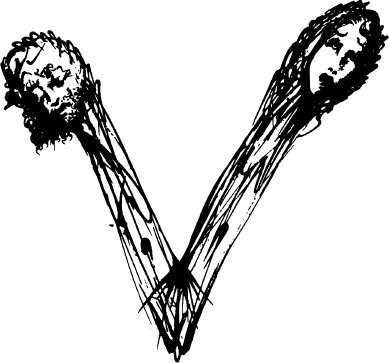
AN GOGH was mad, and unconditionally, generously and gratuitously cut off his left ear with the blade of a razor. I am not mad either, yet I would be perfectly capable of allowing my left hand to be cut off, but this under the most interesting circumstances imaginable: on condition, namely, that I might for ten minutes be able to observe Vermeer of Delft seated before his easel as he was painting. I should even be capable of much more than that, for I should likewise be prepared to let my right ear, and even both ears, be removed provided I might learn the exact formula of the mixture, which composes the precious juice in which this same Vermeer, unique among the unique (and whom I do not call divine because he is the most human of all painters), dips his exquisitely rare brush; which, I have no doubt, was in his time as common, daily and usual as in turn must have been the precious juice, the current coin of the ingredients of the studios of the golden age of the arts, but which has become in our dull and scatological days of artistic decadence a mysterious liquid gem which all the gold in the world could not hope to ransom, for the simple reason that the formulae of the media with which the painters of former times painted their immortal works do not exist. All the hypotheses of the greatest experts in this regard lead only to violent polemics and to flagrant contradictions which become aggravated day by day.
Next pageFont size:
Interval:
Bookmark:
Similar books «50 Secrets of Magic Craftsmanship»
Look at similar books to 50 Secrets of Magic Craftsmanship. We have selected literature similar in name and meaning in the hope of providing readers with more options to find new, interesting, not yet read works.
Discussion, reviews of the book 50 Secrets of Magic Craftsmanship and just readers' own opinions. Leave your comments, write what you think about the work, its meaning or the main characters. Specify what exactly you liked and what you didn't like, and why you think so.

